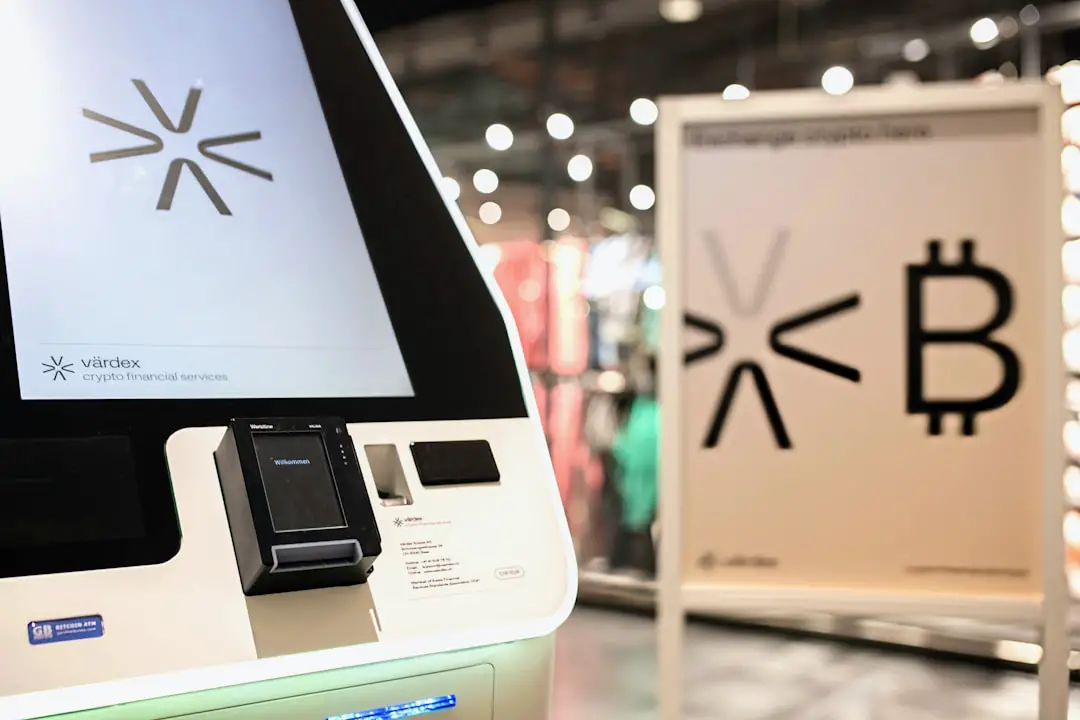In today’s rapidly evolving digital landscape, outsourcing has become a strategic necessity for many companies looking to enhance efficiency and reduce costs. Europe emerges as a particularly attractive destination for nearshore outsourcing due to its diverse talent pool, geographic proximity, and cultural compatibility. However, choosing the right nearshore company can be a complex decision that significantly impacts the success of a project.
To help companies navigate the selection process, here are five essential tips on how to choose a nearshore partner in Europe.
1. Evaluate Technical Expertise and Industry Experience
One of the first things to consider is whether the nearshore company has the technical expertise and industry-specific experience required for your project. Examine their portfolio and case studies to determine if they’ve handled projects similar in scale and complexity to yours. The right company should not only be proficient in the latest technologies but also possess a deep understanding of your industry’s nuances.

A software company that has previously worked with clients in fintech may not be the best fit for a healthcare project, for example. Always opt for a nearshore partner with proven experience relevant to your domain to minimize onboarding time and mistakes.
2. Consider Communication and Language Proficiency
Clear and effective communication is critical when collaborating with a nearshore team in another country. Europe offers a great advantage in that many countries, particularly those in Central and Eastern Europe, have high rates of English proficiency. Still, you should evaluate whether the team you’ll be working with can communicate complex technical concepts easily and quickly.
Look for companies that offer overlapping working hours for real-time collaboration. Additionally, prioritize vendors that place strong emphasis on transparent communication channels and tools such as Slack, Jira, or Trello.
3. Examine Cultural Compatibility
While technical skills matter, cultural compatibility plays an equally important role in ensuring smooth collaboration. Shared values, work ethic, and a mutual understanding of business processes can go a long way in minimizing misunderstandings and increasing productivity.

You can assess cultural fit during initial interactions or through references and testimonials. Companies based in regions such as Poland, Romania, or Portugal have gained reputations for aligning well with Western European and North American business cultures.
4. Analyze Security Standards and Regulatory Compliance
Outsourcing projects often involve handling sensitive data. As such, it is imperative to verify a nearshore company’s data protection protocols and compliance with local and international regulations such as GDPR. Inquire about their security policies, onboarding processes, and whether they conduct regular audits or certifications such as ISO 27001.
Reputable companies should have transparent policies related to data handling and are likely to offer confidentiality agreements or NDAs as part of their standard operating procedures.
5. Look for Scalability and Long-Term Partnership Potential
Choosing a tech partner is not merely a one-time decision. Ideally, your nearshore company should be capable of growing with you. Whether your project is a minimum viable product (MVP) now or a full-scale enterprise solution later, the partner should be able to scale its resources, talent, and support accordingly.
Gauge their flexibility by asking about resource availability, onboarding timelines, and past experience with scaling up projects. A company that offers long-term collaboration options indicates a strong commitment to building sustainable business relationships.
Conclusion
Selecting the right nearshore company in Europe requires a strategic approach. By evaluating technical skills, communication capabilities, cultural alignment, compliance protocols, and scalability, businesses can significantly increase their chances of successful collaboration. Taking the time to properly vet potential partners can lead to improved performance, faster delivery times, and lasting partnerships that extend far beyond a single project.
FAQ
-
Q: What is nearshore outsourcing?
A: Nearshore outsourcing involves delegating tasks or services to companies in neighboring or nearby countries, often within the same time zone. -
Q: Why is Europe a good region for nearshoring?
A: Europe offers a strong talent pool, cultural compatibility, high English proficiency, and adherence to strict data protection laws like GDPR. -
Q: How do I ensure a nearshore company is secure?
A: Check for certifications like ISO 27001, verify GDPR compliance, and inquire about regular security audits and policies. -
Q: What are some popular nearshoring countries in Europe?
A: Popular nearshoring destinations include Poland, Romania, Ukraine, Portugal, and the Czech Republic, known for skilled developers and cost-effectiveness. -
Q: How important is cultural compatibility?
A: Cultural compatibility enhances collaboration, facilitates easier communication, and helps in aligning work methodologies and expectations.
